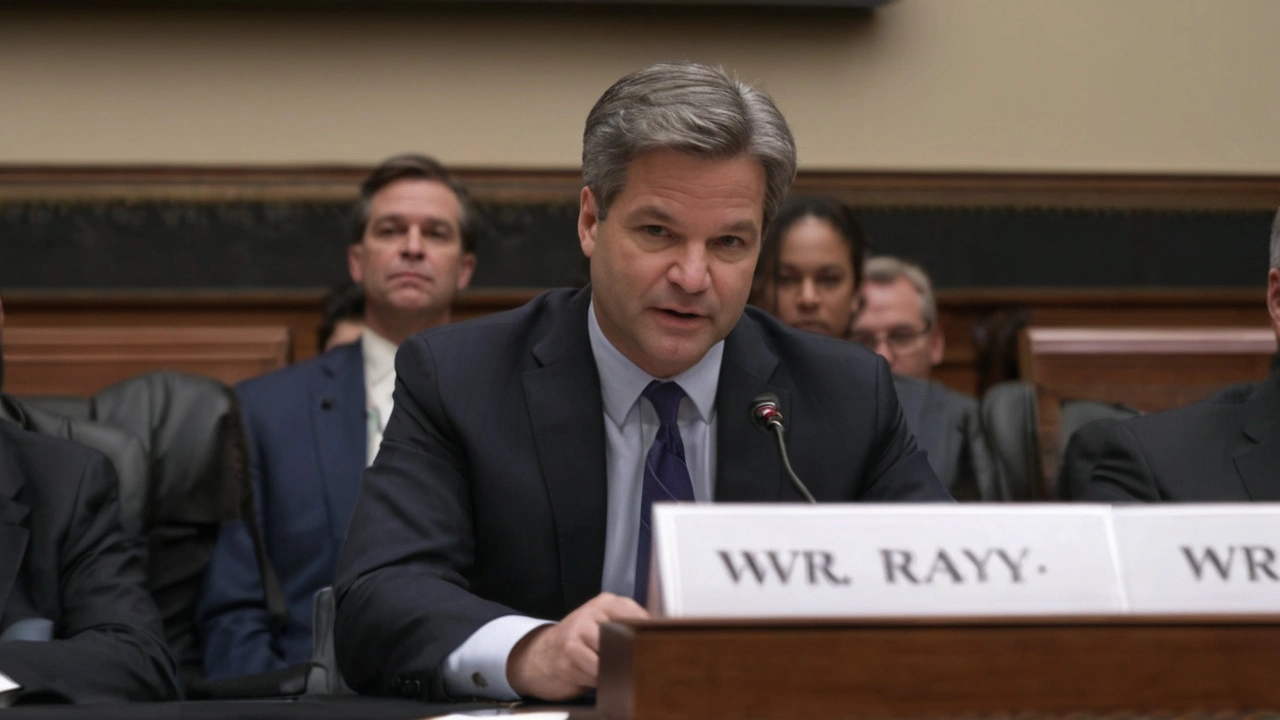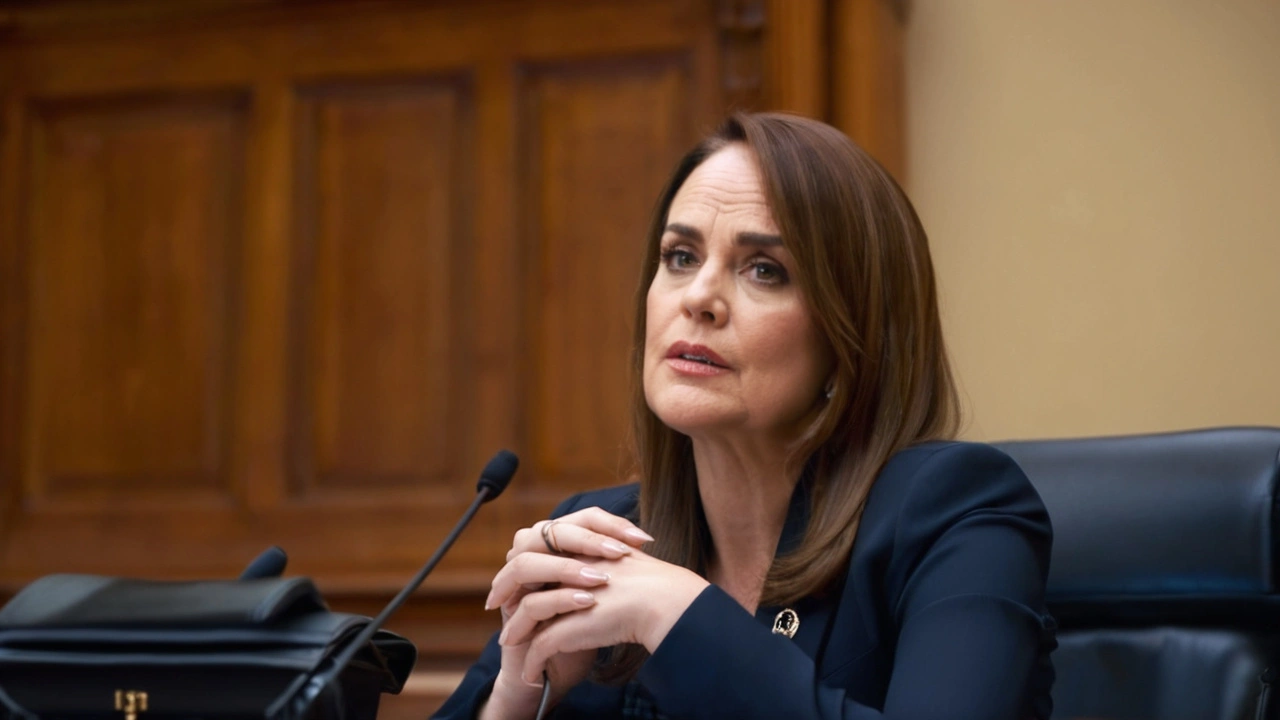Assassination Attempt: What You Need to Know
When we hear 'assassination attempt,' it grabs our attention—these aren't everyday crimes. They often involve high-profile figures like politicians, activists, or leaders. But what's behind such drastic actions? Usually, it's about power struggles, political agendas, or deep-rooted conflicts. Understanding these incidents helps us grasp the larger impact they have on societies and security worldwide.
Why Do Assassination Attempts Happen?
At its core, an assassination attempt is motivated by the idea of removing a particular person to cause political change or send a strong message. Sometimes it's about disrupting government functions or intimidating certain groups. Other times, it's a desperate act by individuals or factions who feel extreme measures are necessary. These attempts can be both planned or spontaneous, depending on the circumstances and the person targeted.
More often than not, the targets symbolize something bigger—power, ideology, or change. That’s why these attempts aren’t just about one life but have ripple effects that can destabilize regions or cause widespread fear.
How Are Assassination Attempts Prevented?
Security plays a huge role here. Protection teams use detailed risk assessments to spot threats before they happen. Technology like surveillance cameras, secure transport, and communication systems helps reduce risks. Plus, intelligence agencies work behind the scenes to track potential plots and warn those in danger. Even public awareness has improved, as crowds and events are monitored more closely.
Still, despite precautions, these attacks can happen because the motives and methods keep evolving. That's why ongoing vigilance and adapting security methods are key. Knowing the danger signs and responding quickly often makes the difference.
In short, assassination attempts are extreme, high-stakes events with serious consequences that stretch far beyond the individual involved. Staying informed about these risks helps everyone appreciate the challenges of protecting leaders and maintaining peace.
FBI Probes Assassination Attempt on Trump at Pennsylvania Rally
The FBI is investigating an assassination attempt on former President Donald Trump during a rally in Butler, Pennsylvania. The incident, which took place on July 13, saw Trump narrowly escape harm. The shooter fired eight shots from a nearby rooftop, resulting in one fatality and two critical injuries. The FBI seeks to interview Trump, examining how the attack occurred and potential security lapses by the Secret Service.
Secret Service Chief Resigns Amid Fallout from Attempted Trump Assassination
Kimberly Cheatle, head of the US Secret Service, resigns after a botched assassination attempt on former President Donald Trump during a Pennsylvania rally. In a heated House hearing, legislators pressed her on security lapses, leading to her admitting the agency's failure. The attack resulted in injuries to Trump and two attendees, and the death of a former fire chief.


